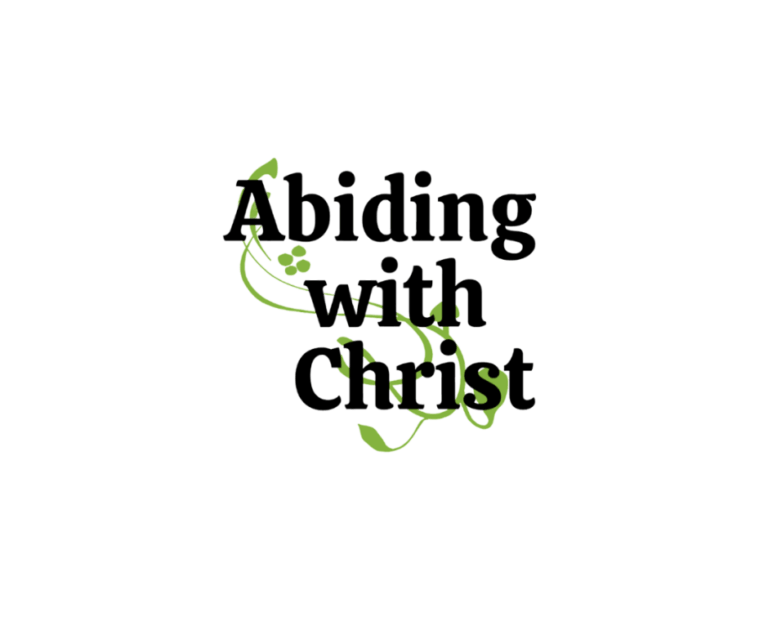Fulfilling the Great Commission is clearly a responsibility of followers of Christ. But do we understand it’s full instruction and purpose?
Jesus came and told his disciples, “I have been given all authority in heaven and on earth. Therefore, go and make disciples of all the nations, baptizing them in the name of the Father and the Son and the Holy Spirit. Teach these new disciples to obey all the commands I have given you. And be sure of this: I am with you always, even to the end of the age.” (Matthew 28:18-20)
All Christians should be about the business of fulfilling the Great Commission of Jesus Christ, as it is the last command that Christ gave before physically leaving the Earth. This work is not optional; it is an expectation that takes place on a personal level.
As far as how we go about it, there are a variety of methods. On one end of the spectrum, there is the direct approach; asking someone if they have heard the good news of Christ with no prior introduction. On the other, building multi-year relationships, hoping for an open door into a faith conversation. And all manner of approaches in-between.
But that is a matter of approach. What I am writing about today is scope. What is the full extent of our responsibilities in fulfilling the Great Commission?
We have talked before about the distinction between being saved and inheriting salvation. Anyone can make a decision to follow Christ. But we are told by Jesus those who inherit salvation walk a narrow and difficult road (Matthew 7:13-14). We need to do more than introduce them to Christ; we need to show them the road.
So how do we do our part in fulfilling the Great Commission well? So that those we lead to Christ have motivation and support to walk the narrow road to salvation?
To fulfill the Great Commission well, we should first understand it well.
Empowered for Fulfilling the Great Commission
Fulfilling the Great Commission is not possible on our own; it requires the empowerment of Christ, for apart from Him we can do nothing (John 15:5).
Fortunately, Jesus bookends this command with reminders of His trustworthy empowerment towards this work.
Jesus begins by reminding us that He has been given “all authority” both in Heaven and on Earth. He is in charge. He is the King of Kings and the Lord of Lords.
As His emissaries, we are commissioned under this declaration. He is not just entrusting us with this mission, but commanding us to do it. In His authority, Christ is releasing us as His representatives in the world.
He ends by reminding us that He is always with us, all the way to the “end of the age”.
Jesus Christ will never leave us nor forsake us. The Bible quotes God telling His followers this repeatedly (Joshua 1:5; Isaiah 41:10; Hebrews 13:5). He wants us to have full confidence in this truth!
The 3 Parts of Fulfilling the Great Commission
Go and Make Disciples
The first part of this command is to “go and make disciples of all the nations”. Let’s unpack that a bit.
 First, we are to be active in fulfilling the Great Commission. This could mean any number of things. It could mean to physically go to another location. Or it could simply mean don’t ignore your responsibility to be actively seeking out people to share the gospel with. Either way, it requires our vigilance and action.
First, we are to be active in fulfilling the Great Commission. This could mean any number of things. It could mean to physically go to another location. Or it could simply mean don’t ignore your responsibility to be actively seeking out people to share the gospel with. Either way, it requires our vigilance and action.
Second, Christians are to do more than share the gospel. They are to raise people in the faith. We are expected to be a kind of spiritual parent. And as good parents do, we are training up our spiritual children to be mature and functioning spiritual adults.
And third, we are to make disciples in all the nations. Jesus’ sacrifice was so that anyone – not just the Israelites – could receive atonement for sin, freeing them to worship God. There is nobody who is barred from the gospel message, and certainly nobody we should withhold the gospel from due to prejudice or bias.
Once we have made a disciple, there are 2 other important activities we are to take on as followers of Christ in fulfilling the Great Commission.
Baptizing Disciples
We are to baptize new believers “in the name of the Father, Son, and Holy Spirit”. Christ’s command is that we are to see to it that the person we lead to Christ be baptized. It is not a pastor’s responsibility – it is ours (even if a church official is the one performing the baptism). We need to instruct the new convert, both in the obedience of baptism and what it represents.
It is sad to me that there have been arguments and rifts over baptism in multiple contexts, when all the arguments can so clearly be laid to rest through being rightfully obedient to the Great Commission.
As lovingly as I can, let me say that anything added to or taken away from this command of Christ is only tradition and dogma. Baptism is not salvation, so it can’t grant nor take away from you the Kingdom of Heaven, no matter what age you were at your baptism.
If you have ever led someone to Christ and you know that believer wasn’t baptized, rectify that. It is the discipler’s responsibility, not the disciple’s. If you have received Christ through non-personal means, be obedient and make arrangements to be baptized.
Teaching Disciples
We are also to teach new disciples to obey all the commands Christ has given. Unfortunately, it seems to have become the new convert’s responsibility to grow themselves in the faith. Perhaps not explicitly, but in practice.
It is the experience of many young or immature believers today that if they darken a church’s door, they are more likely than not to be lost in the crowd unless they make a concerted effort to grow themselves.
But they should never be in this position to begin with because whoever led them to Christ should take the responsibility to grow them in the faith.
Jesus Christ did not expect His followers to raise themselves, and for good reason. Without guidance, it can be easy for a new believer to be swept away by false doctrines (Romans 16:17-18).
Again, there is a type of spiritual parental relationship that is required. Today it seems we have countless spiritual orphans struggling for their own survival.
Fulfilling the Great Commission is in Our Hands
In giving us the Great Commission, Jesus set forth a way by which His church could perpetuate and grow until His return.
You’ve heard it said, “it’s a tough job but somebody’s got to do it”. That is a fair assessment of the need for making disciples. Jesus Christ never promised us easy. He just promised to be with us.
Jesus warned His disciples that we would be hated for His sake; that as we shared the gospel we would endure beatings, imprisonment, rejection, and betrayal (Matthew 10:16-22). This can be difficult to accept, but the alternative is to shirk our duty to Christ.
When we are tempted to ignore this call, we need to remember that Jesus told us those who loved Him would keep His commands (John 14:15). If we struggle with sharing the gospel, maybe we need to examine our faith, because Jesus tells us that only those who do the will of His Father in Heaven will enter the Kingdom (Matthew 7:21).
Fulfilling the Great Commission is serious business to Jesus Christ. We know this because it is the last command He gave us. It should be serious business for us as well.
More verses about fulfilling the Great Commission:
Psalm 96:3; Acts 20:24; Romans 1:16; Philippians 1:27; 1 Corinthians 9:16; 2 Thessalonians 2:13-14; 1 Peter 3:15






